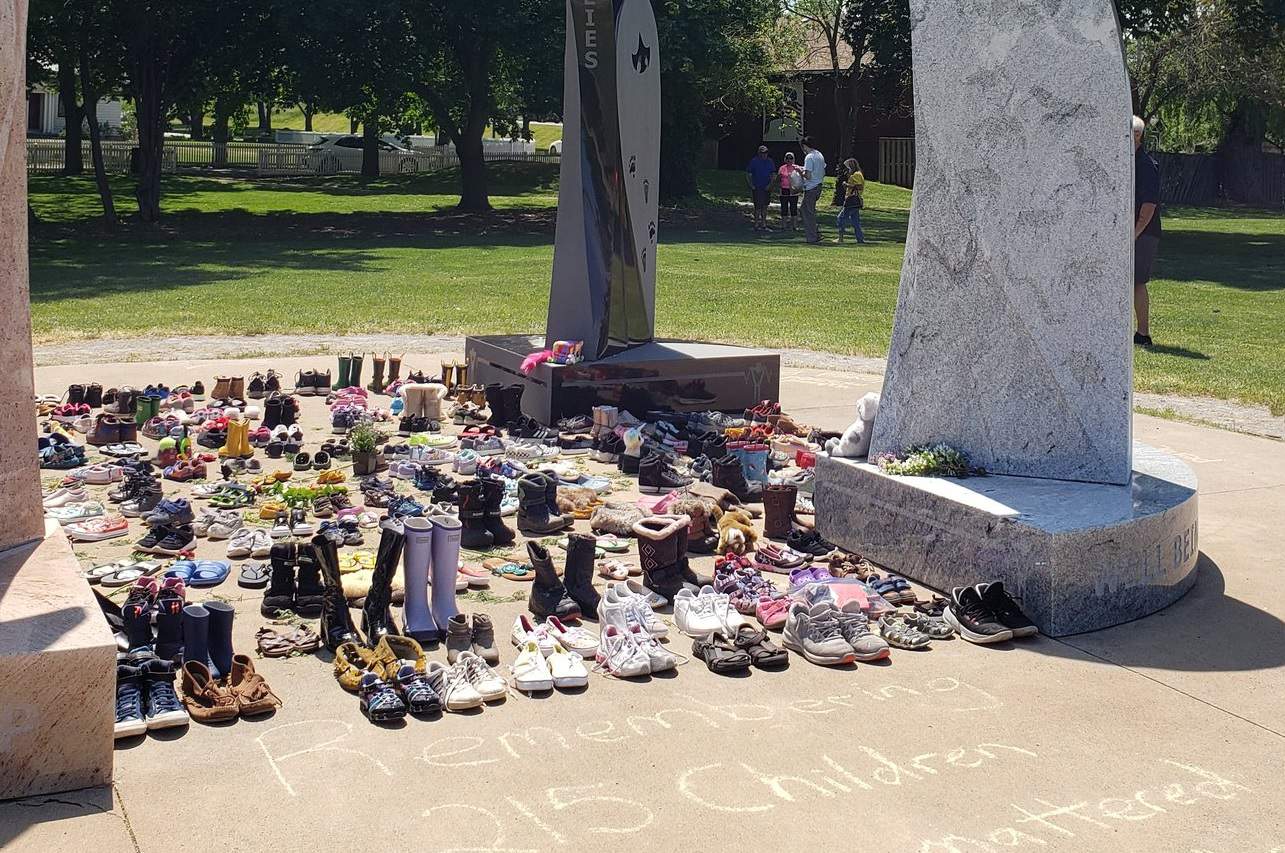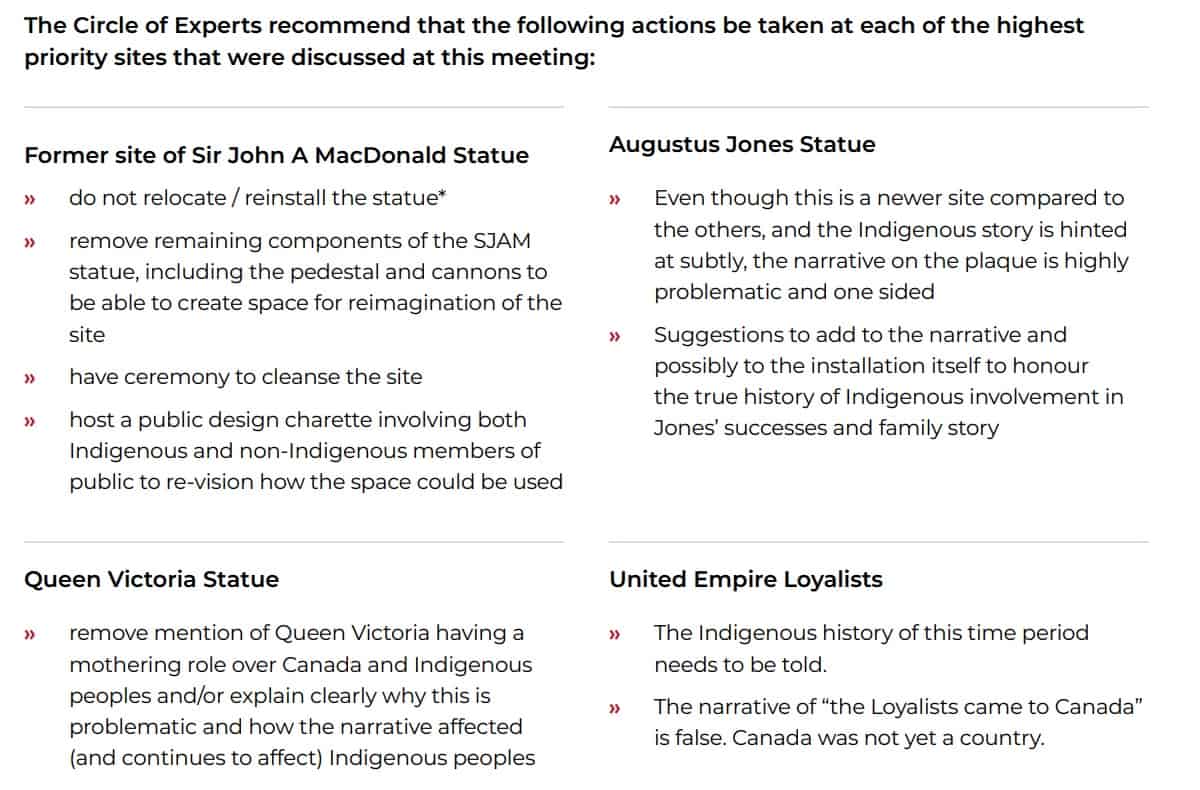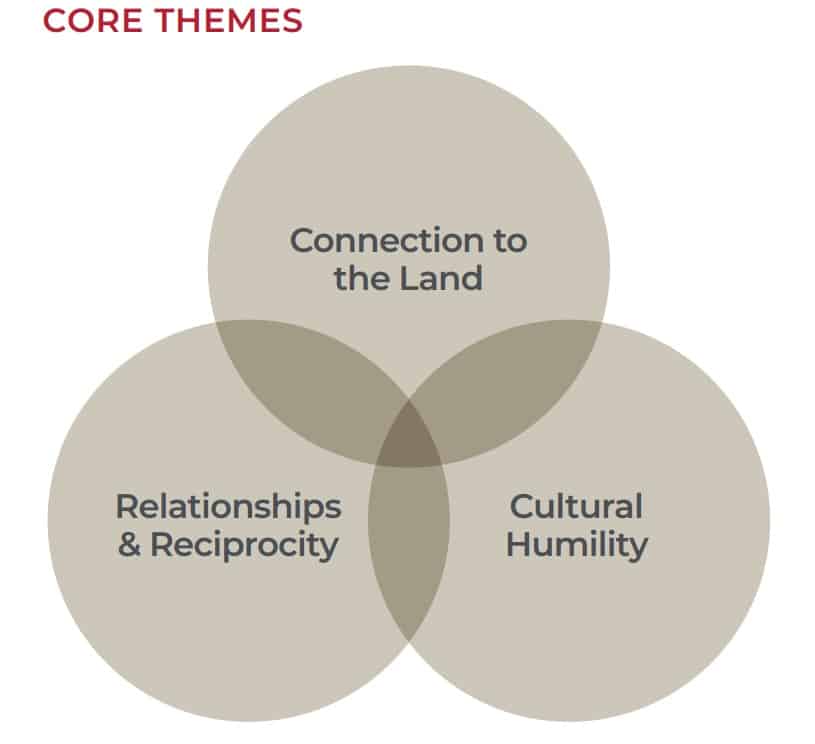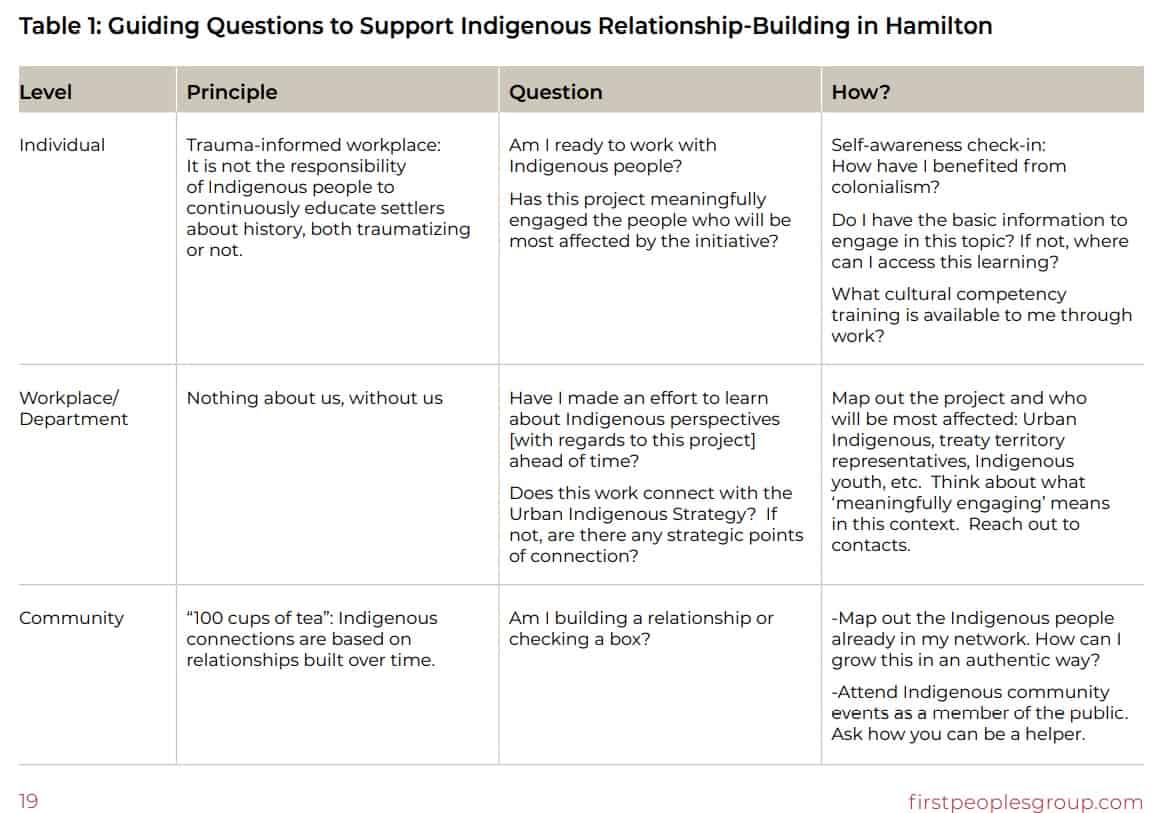Indigenous consultants say putting Sir John A. statue back up a ‘wrong’ move, but Hamilton mayor ‘absolutely supportive’ of it
Published April 29, 2022 at 7:02 pm

An Indigenous advisory firm, engaged by the City of Hamilton to guide local reconciliation work, says re-installing a statue of Sir John A. Macdonald would be “a step in the wrong direction.”
That counsel from First Peoples Group is part of a 40-page report, entitled “Honouring Our Roots,” formed from insights from a circle of experts including Elders, historians, artists, and leaders from the Indigenous community. Their meetings, held over a span of several months last year, were part of a landmark and monuments review that Hamilton agreed to undertake in 2021. The report went live on the city’s website less than 24 hours before Hamilton Mayor Fred Eisenberger told CBC Hamilton on Friday he would be “absolutely supportive” of re-installing the statue, with acknowledgement of Macdonald’s role in the residential school system.
The residential school system, as confirmed in the 2015 Truth and Reconciliation Report, caused thousands of deaths of Indigenous, Inuit and Métis children and is the locus of ongoing collective trauma in those communities.
The mayor’s comments came in a scrum minutes after appearing at a media conference in support of calls for a federal law to ban the flying of the Confederate battle flag, which was spotted at a Hamilton home this week. Eisenberger gave his support to that position on Wednesday.
Indigenous activities and allies tore down the Macdonald statue in Gore Park last August 14. The action came weeks after city council voted 12-3 against a motion from Ward 3 Coun. Nrinder Nann to temporarily remove it during the landmark and monuments review. Nann introduced the motion following a string of confirmations of hundreds of unmarked graves at former residential school sites across Canada.
First Peoples Group, which is based in Ottawa, says in its report that the window of opportunity to re-install the Macdonald statue in Hamilton was closed. It also said that rehashing the debate would divert time and energy from supporting the Urban Indigenous Strategy that Hamilton adopted in 2019.
“It is important not to let this discussion over-shadow all the other important work that needs to be done,” page 11 of the report read. “While relocation or reinterpretation of the Sir John A Macdonald site might have been a possibility had the statue been removed intentionally by the City, reinstallation of the statue now would be a step in the wrong direction. Clearing the site (placing all remaining components in storage indefinitely), would allow for future community engagement to happen in a good way.”
The report authors recommend clearing the site, holding a cleansing ceremony, and hosting a public design charette “involving both Indigenous and non-Indigenous members of the public.” The First Peoples Group report will be presented to the emergency and community services committee next week on May 5, which is coincidentally the National Day of Awareness for Missing and Murdered Indigenous Women, Girls, Trans, and Two-Spirit People.
First Peoples’ work also focuses on how Hamilton should proceed with other high-priority historical sites that commemorate Queen Victoria, Augustus Jones and the United Empire Loyalists, but ignore Indigenous peoples, history and story. Those four sites were identified at a meeting on Oct. 13, 2021:

Queen Victoria was Great Britain and Canada’s longest-serving monarch, from 1837 to 1901. The United Empire Loyalists were a group of immigrants who resettled in British North America during or after the American Revolution in the late 1700s. Jones, who was UEL, created many of the geographical boundaries in the Niagara Peninsula and on the north shore of Lake Ontario.
The report from First Peoples Group is entitled, “Honouring Our Roots: Creating space for Indigenous voices in the City of Hamilton.” It can be read at pub-hamilton.escribemeetings.com.
Hamilton is situated upon the traditional territories of the Erie, Neutral, Huron-Wendat, Haudenosaunee and Mississaugas. The city’s land acknowledgement states “we recognize that we must do more to learn about the rich history of this land so that we can better understand our roles as residents, neighbours, partners and caretakers.”
To that end, the “Honouring Our Roots” reports focuses on Hamilton generating a buy-in to the three intertwined concepts: Connection to the land, cultural humility, and relationships and reciprocity.

The section on cultural humility says “cultural competency training should be mandatory across the corporation and adopted as part of the onboarding process for all new staff.” Toronto and Saskatoon are two major cities that have put that in place.
A table is also added to show how city staff can build and strengthen their relationships with Indigenous people.

The confirmation of human remains, with the use of ground-penetrating rdar, at former residential school sites in mid-2021 spurred several institutions to remove the names and likenesses of Macdonald and Egerton Ryerson from public spaces. The city council in Kingston, Ont., where Macdonald grew up, practised law, first held public office and was buried, removed his statue from downtown.
Last summer, the City of Hamilton received more than 1,000 letters in support of removing the Macdonald statue.
Several delegates to the emergency and community services meeting last July 8 cautioned city councillors that leaving the statue in place would set back efforts to review whether landmarks and monuments are culturally appropriate and inclusive.
“How many more bodies need to be found?” delegator Tristan Maclaurin asked, rhetorically, after Ward 7 Coun. Esther Pauls asked why the statue could not remain in place until the review was completed.
Thirty-six days later, the statue came down.
InTheHammer recognizes that details of this article might be disturbing. People who need emotional support or assistance can contact the Indian Residential School Survivors Society toll-free at 1-800-721-0066. The society also offers a 24-hour crisis line at 1-866-925-4419.
insauga's Editorial Standards and Policies advertising





